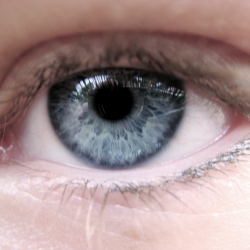
Psychedelic drugs alter consciousness in a profound and novel way that increases the breadth and fluency of cognition. However, until recently, we were unable to offer an explanation for how the brain was altered to account for these effects.
In a new study, published in Human Brain Mapping, we scanned the brains of volunteers who had been injected with psilocybin, the chemical found in magic mushrooms which gives a psychedelic experience, and a control group who hadn’t, and discovered two key things: that psilocybin increased the amplitude (or “volume”) of activity in regions of the brain that are reliably activated during dream sleep and form part of the brain’s ancient emotion system; and that psychedelics facilitate a state of “expanded” consciousness, meaning that the breath of associations made by the brain and the ease by which they are visited is enhanced under the drugs.
This finding of a similar pattern to dream activity is intriguing. While the psychedelic state has been previously compared with dreaming, the opposite effect has been observed in the brain network from which we get our sense of “self” (called the default-mode network or ego-system). Put simply, while activity became “louder” in the emotion system, it became more disjointed and so “quieter” in the ego system.
Evidence from this study, and also preliminary data from an ongoing brain imaging study with LSD, appear to support the principle that the psychedelic state rests on disorganised activity in the ego system permitting disinhibited activity in the emotion system. And such an effect may explain why psychedelics have been considered useful facilitators of certain forms of psychotherapy.
